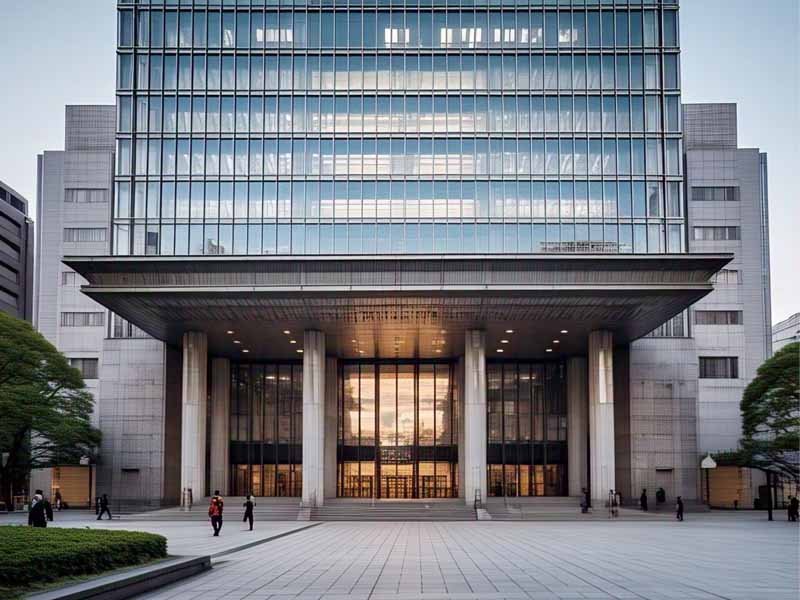
Arcadiadaily – Bank of Japan has decided to hold its benchmark interest rate steady amid rising global economic uncertainties. This move reflects the central bank’s cautious approach in navigating economic headwinds that could impact Japan’s economic stability. As inflation concerns persist and geopolitical tensions continue to affect global trade, the Bank of Japan aims to ensure steady financial conditions while monitoring potential risks.
While other major central banks have adjusted their monetary policies in response to inflationary pressures, the Bank of Japan remains firm in its stance. Its decision highlights a strategic effort to support domestic growth without exacerbating market volatility. Analysts suggest that Japan’s unique economic landscape, characterized by moderate inflation and sluggish wage growth. Plays a crucial role in this policy direction.
“Advanced Emission Control: Cleaner Diesel, Lower Pollution”
The Bank of Japan’s decision to hold interest rates steady has significant implications for Japan’s economy and financial markets. Investors closely watch the central bank’s policies as they influence currency valuation, bond yields, and stock market performance. Following the announcement, the Japanese yen showed mixed reactions, reflecting market speculation about future policy adjustments.
Maintaining low interest rates is expected to encourage consumer spending and business investments. However, concerns remain over the long-term sustainability of Japan’s monetary easing policies, especially if inflationary pressures intensify. Some economists argue that a prolonged low-interest environment may limit the central bank’s ability to respond effectively to future economic shocks.
Bank of Japan faces a challenging road ahead as it balances economic growth with financial stability. Policymakers continue to monitor global economic trends, including U.S. Federal Reserve decisions and China’s economic slowdown, which could impact Japan’s export-driven economy.
Moving forward, analysts expect that the Bank of Japan may reassess its position if inflation rises beyond expectations or if external pressures disrupt economic recovery. For now, the decision to hold interest rates signals a commitment to maintaining stability in an increasingly volatile global economic environment.
“Beyond Comfort: Unlocking Creativity Through Risk”
